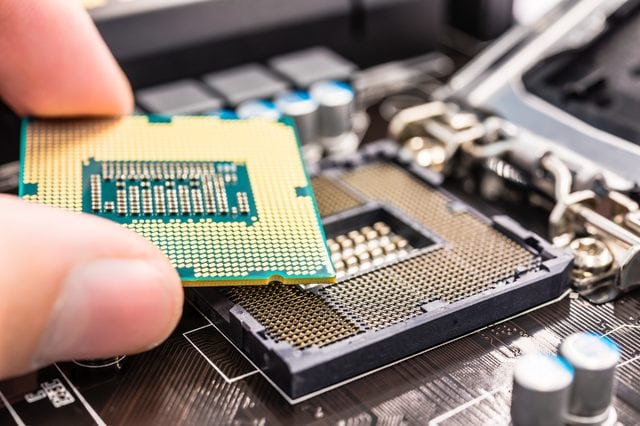The new gamer is the one on the fast lane – he gets a gaming pc, overclocks it, gets a headset, pads, and starts gaming until something goes wrong and he gets that frowning Blue Screen of Death (BSOD) or something worse, most likely because of overheating. For an old gamer on the other hand, whether he is buying a PC or building one, he knows that there is something like the optimal or ideal CPU temperature for gaming which he tries to achieve and sustain.
When you have an overheating problem, it forces your computer to stop functioning properly or even experience a permanent damage. This is because it affects one of the most important components of the system, the CPU which does the processing of gaming applications and other programs on the PC.
As a result of this and the fact that gaming components don’t come cheap (even the cheap ones), experienced gamers have taken to getting various hardware and software tools that would help them in managing and monitoring the heat their CPU generates. You will think that monitoring the heat is enough, but it is not; knowing the ideal temperature is likewise important.
Optimal or Ideal CPU Temperature For Gaming
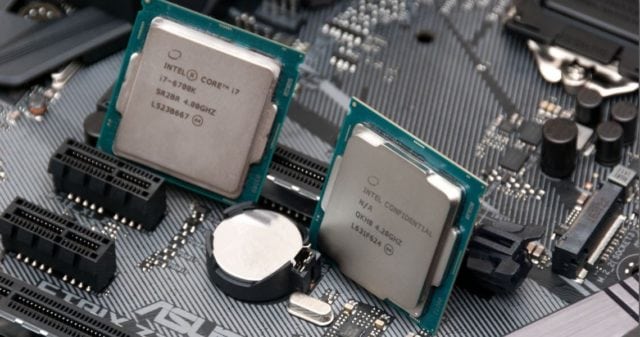
A lot has changed from what we used to obtain only a few years back in gaming, gaming components, and the ideal heat a gaming PC can take. While games are coming with greater demands which means they put more load on the processor, PC gaming components are coming with more efficiency only to meet the irony that the temperature the gameing CPU ideally needs has dropped greatly.
With that said, we do not have a single ideal CPU temperature for gaming. This is because different processor manufacturers state different things for different models, as such what is ideal for a particular PC may not necessarily be ideal for another. Nonetheless, all of them would do well in a room temperature, even though with long hours of gaming and massive overclocking, that cannot be maintained.
Looking at the two CPU series available for gamers – AMD Ryzen and Intel Core series, the highest temperature that you can achieve, although most unlikely, are 95 and 100 degrees Celsius respectively. There has to be crazy overclocking for you to achieve that, and it is definitely not healthy for your PC.
See Also: Best Gaming Motherboard for Intel Core i7 CPU
Having stated that the CPU and GPU temperature threshold has gone down with recent processors, here are the average temperatures for different processors:
| Intel Processor Series | Ideal Temperature For Gaming (Average) |
| Intel Celeron | 65°C – 85°C |
| Intel Pentium Pro * | 74°C – 86°C |
| Intel Pentium II * | 64°C – 75°C |
| Intel Pentium III * | 60°C – 85°C |
| Intel Pentium 4 * | 44°C – 65°C |
| Intel Pentium Mobile * | 70°C – 85°C |
| Intel Core i3 | 50°C – 60°C |
| Intel Core i5 | 50°C – 63°C |
| Intel Core i7 | 50°C – 66°C |
- These processors are no longer manufactured on newer computers.
| AMD Processor | Ideal Temperature For Gaming (Average) |
| AMD A10 | 50°C – 60°C |
| AMD A6 | 45°C – 57°C |
| AMD Athlon | 85°C – 95°C |
| AMD Athlon 64 | 45°C – 60°C |
| AMD Athlon 64 Mobile | 80°C – 90°C |
| AMD Athlon 64 X2 | 45°C – 55°C |
| AMD Athlon FX | 45°C – 60°C |
| AMD Athlon II X4 | 50°C – 60°C |
| AMD Athlon MP | 85°C – 95°C |
| AMD Athlon XP | 80°C – 90°C |
| AMD Duron | 85°C – 95°C |
| AMD K5 | 60°C – 70°C |
| AMD K6 | 60°C – 70°C |
| AMD K6 Mobile | 75°C – 85°C |
| AMD K7 Thunderbird | 70°C – 95°C |
| AMD Opteron | 65°C – 71°C |
| AMD Phenom II X6 | 45°C – 55°C |
| AMD Phenom X3 | 50°C – 60°C |
| AMD Phenom X4 | 50°C – 60°C |
| AMD Sempron | 85°C – 95°C |
Just as the CPU temperature is important, every gamer knows that the GPU is also important, and you want to keep it in the right temperature as well. The problem with it, however, is that it is not as easy to get the average temperature for gaming because they come with different cooling solutions.
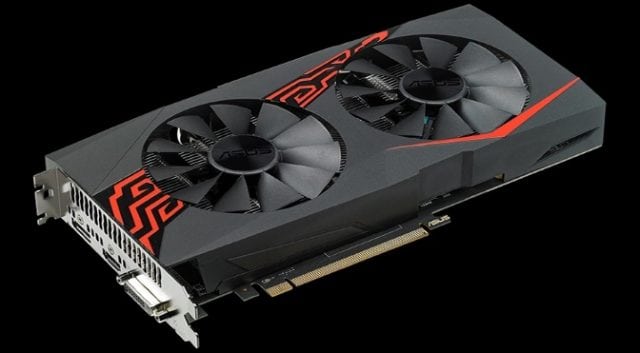
With Nvidia and AMD as the main manufacturers of GPUs, the optimal gaming temperature should not go above 85°C no matter the load you have saddled on them. This is even as they can cap at 95°C.
With the different cooling solutions which influence the temperature of your GPU, there is quite a number that is available to also help cool video card and other components including:
- Air-cooling – This is made of Open-air cooling and bowler fan
- Liquid cooling solution – For modern graphics cards, you may be better off going for the air cooling system because the modern coolers are very effective. Nonetheless, the liquid cooling solution is still great.
How hot can a CPU get before it is damaged?
Even though I will advise that you try and stick with a good temperature, it will really take a lot of heat for your CPU to be damaged. In fact, when the clock speed is what you are running on, you are safe to say you are safe. This is because you can hardly find yourself going above 60 to 70°C.
If you are overclocking, however, the temperature should get higher, and even when you get to reach 90°C, it will still be considered a territory that is not completely dangerous. Running at 105-110°C for a long time is what could lead to the damage of your CPU.
How can I track CPU/GPU Temperature?
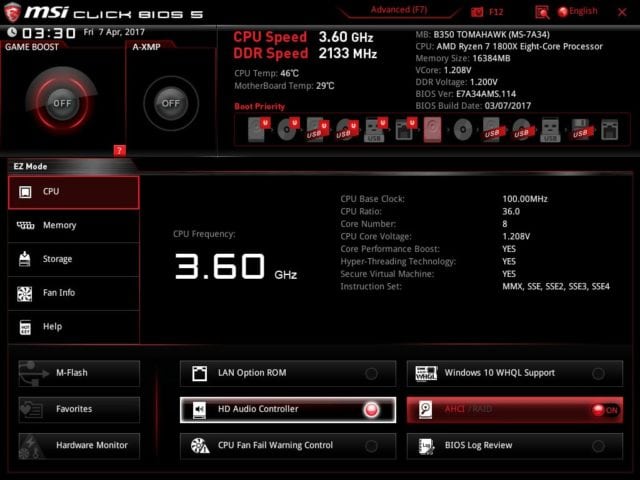
The singular best way to maintain a good temperature for gaming is to track it. This will help you to know if something is wrong and you need a better cooling system or maybe the fan is not working properly.
- Motherboard’s Bios
This is the first and most basic way to track or check your CPU temperature. The only problem with this is that you will need to restart your PC first. During the boot-up, you will hear that familiar beep sound. Once you hear it, press the delete key continuously on your keyboard and that will get the Bios to pop up.
Simply move to the CPU setting and you will get to see your CPU and motherboard temperatures among other things.
- CPU/GPU Utilities
Because the Bios method of tracking may not be the best for you since you have to restart your computer, there are also various utilities that can serve, based on the CPU or GPU you are using.
While you get to use Nvidia Control Panel for Nvidia GPUs or the AMD Catalyst Control Center for AMD GPUs, CPU temperature monitoring can be done using the Intel Extreme Tuning Utility for Intel processors and Ryzen Master Utility for AMD.
What is more is that apart from these utilities made by the AMD, Nvidia, Intel, and MSI, there are also more utilities that are available.
- Other third party programs
OpenHardwareMonitor is one of the most popular programs that can help you in monitoring. Apart from the fact that it is free, you will find it very important because it monitors other things such as fan speeds, voltages, and load. Also, it is able to monitor the clock speeds of a computer.
What are the causes of computer overheating?
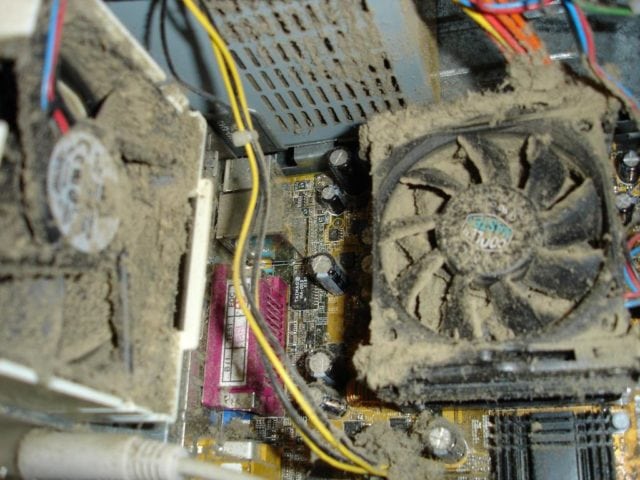
Probably your computer is getting heat unnecessarily and you are wondering what could be wrong, there are a number of things apart from the load that you place on it that can cause that:
Poor or absence of fan: Every real gamer knows that it is almost impossible for you to maintain an optimal gaming temperature if you are not ready to invest in a very good fan or ensure that the one you have is working properly.
See Also: Do You Need a CPU Cooler? Here’s Everything You Need To Know
Dust and poor air flow: This may seem like something trivial, but it is not. You also need to always keep your computer clean of dust so that it can allow for good airflow and prevent heating. When cables are not properly arranged, that can also lead to poor air flow and overheating.
High ambient temperature: During the summer time and you are living in a high climatic region that can also contribute to overheating.
Conclusion
As indicated above, various things come into play when talking about the ideal or optimal temperature for gaming. The irony, however, is that we cannot point out what exactly is the ideal temperature, even though there are a number of important ways that it can be tracked, controlled, and maintained.

